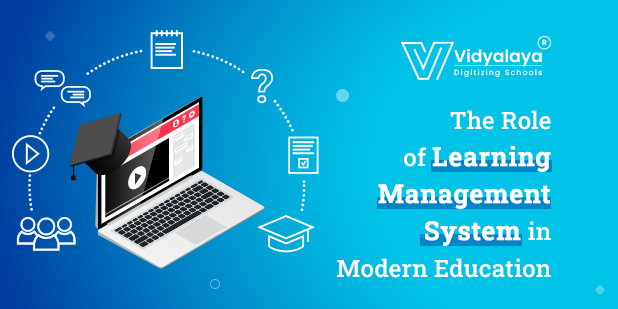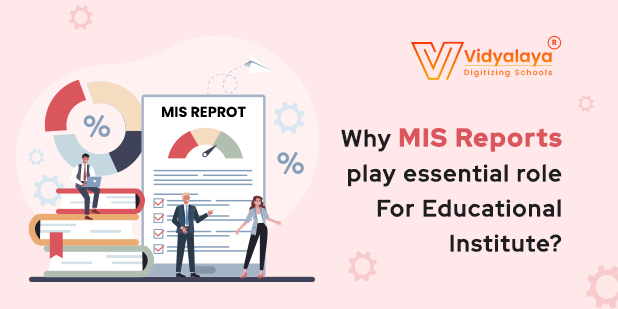Along with the intelligence quotient (IQ), one more quotient is well-discussed and that is the emotional quotient (EQ). Do you know that almost 13% of the world’s population suffers from Alexithymia? In this disease, people fail to express their feelings. You must have come across the word ‘emotionally unavailable’ while discussing with today’s teenagers. This is the state where people fail to acknowledge their feelings and emotions after repetitive depressing moments. To address this, social-emotional learning has been integrated into today’s learning process. Among the leading EdTech products like ERPs, learning management system, and SIS, which mainly focus on the academic part, it is important to weave threads of emotional learning also. But how does this social-emotional learning impact the entire learning process? Or is just learning by intelligence enough? Let’s explore this in this blog!
What is Social Emotional Learning (SEL)?
Social Emotional Learning or SEL is an educational concept that helps students, irrespective of their age, to comprehend their emotions, experience those emotions fully, and explain empathy for people surrounding them. The aim is to teach skills to students beyond maths, reading, writing, and other conventional subjects and empower them to address the emotions themselves.
Along with several practices, EdTech products like Learning Management System, ERPs, SISs, and others can help in achieving the aims of SEL. They focus on a skill set to develop among the students and envelop skills like:
- Self-control
- Problem-solving skills
- Empathy
- Decision-making
- Self-knowledge
- Relationships with friends and family
What are the competencies of Social Emotional Learning?
Social Emotional Learning envelops five core competencies that can be implemented in classrooms or at home to boost students’ emotional learning. A thoughtfully created Student Information System can actually contribute in this area when student behavior attribute data is analyzed. They are:
1. Self-Awareness:
Self-awareness deals with understanding one’s own emotions, personal aims, and values. This competency focuses on assessing one’s strengths and weaknesses and setting a positive mindset. High levels of self-awareness will help to recognize emotions and their impacts.
2. Self-Management:
Self-management focuses on the development of skills and abilities that will help in regulating emotions and behaviors. Management of emotions deals with delay gratifications, stress management, impulsive control management, etc. Taking control and ownership of their own thoughts and emotions, students can step forward towards educational and personal goal achievement.
3. Social Awareness:
Social awareness includes compatibility with others with different backgrounds or cultures. It helps to improve the ability to feel, empathize, and understand the social norms for behavior within your home, school, or society. Student attributes containing background information stored in the student management system can help in enhancing this competency, as accurate and prompt data is available to the stakeholders.
4. Responsible Decision-making:
Through this, students can improve the decision-making process by selecting how to react or respond to a situation by keeping values, ethics, and safety, and weighing consequences in mind. The comprehensive decision-making will help for themselves as well as for others.
5. Relationship Skills:
While living in society, it becomes necessary to establish relationships with people around us. This competency empowers students to build and maintain healthy relations to act in accordance with social norms. All necessary skills like proper communication, active listening, negotiating, and help-seeking are focused so that students enjoy the beauty of relationships.
Why We Need Social Emotional Learning to be taught to today’s kids?
Nowadays, children lack patience and concentration span. An Unstable mental state becomes a major cause of education hindering. This dilemma or instability may come from emotional turmoil. This is where Social Emotional Learning can come into the picture to help them out. So, let’s illustrate why today’s kids need this exceptional Social Emotional Learning concept along with academic learning:
1. It Enhances Student Motivation:
As a person, everyone wants acceptance in the form of social or from close ones. Social Emotional Learning focuses on the development of learning skills such that children are more accepted, willing to take challenges in the learning process and dedicate themselves to goals. Additionally, when children are emotionally balanced, they will come out with certain ways that are efficient for them and will surely lead to shine. Motivation can drive them better.
2. Improves Learning Ambiance:
Children develop necessary skills through social-emotional learning that may make good citizens of tomorrow. They will be able to empathize with the emotions and can offer care and concern for people around them. Once they can identify the skills in themselves, it becomes easy for them to identify and replicate the actions.
3. Improves Overall Performance:
Children with better mental stability can perform better on all fronts. In academics, they can have a better concentration span, are equipped with various learning skills, can come up with solutions quickly, and will be less swayed away by emotional obstacles. Children can engross their energy in finding solutions rather than fretting about the problem when they hold their own emotions well.
4. Can Become Good Citizens of Tomorrow:
Students are empowered to make responsible decisions and can influence others. The decision made can depict their personality, values, and culture as well as can impact people around them. They can be good team members and leaders, and help others with intelligence and good behavior. Also, emotional learning teaches children to develop relationship skills. Good and healthy relationships can represent that they value people rather than observable traits. Also, they work on rational and productive outcomes rather than loss of energy and time. Combinedly, they can become good citizens with value, discipline, empathy, and care for others of tomorrow.
How to embed principles of SEL in today’s learning?
Teachers can propagate the fundamentals of Social Emotional Learning in the classrooms in various ways:
- Teachers can explain and illustrate a SEL topic with the help of different mediums like text, graphics, audio, videos, and others.
- Students can understand the concept and can rehearse it in their friend circle or companions, or can work on it, on an individual basis to get command of the topic.
- Teachers will revisit the topic during the week for better practice and doubt-clearing.
- Teachers may assign some assignments to students that include work alone and with family companions.
- Teachers will assess the assignments and will re-teach the topic if necessary.
Bottomline:
Slogans like ‘Be a Better Version of Yourself!’ and ‘Do what You Love’ underline how addressing emotional status is important. In this ever-diversifying world, kids get introduced to different people of different backgrounds, beliefs, and capacities when they enter the classrooms. Social Emotional Learning aims to bring all students on equal footing to succeed and enable them to address their thoughts and emotions. With different EdTech software integrated with SEL, students can become more self-aware and become more empathetic towards society. Personal information acquired from the student information system will help teachers to develop these qualities inside the classrooms only. These students will not only be racing against the graded race but also, they will be more productive, self-aware, and will become good social citizens. That’s exactly the purpose of education, right?





















